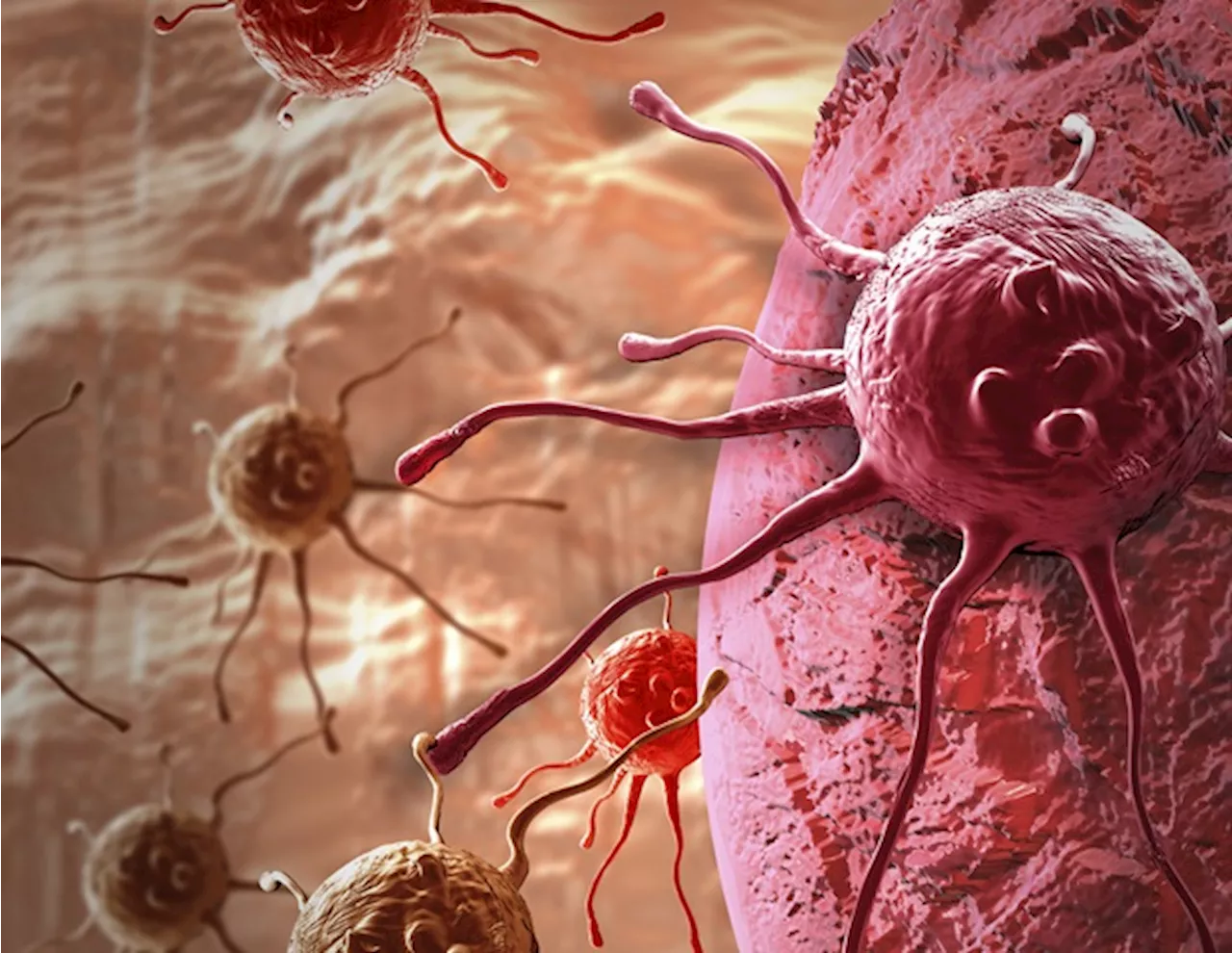Chronic stress raises blood pressure. New research from Juntendo University, Japan, reveals that voluntary exercise prevents hypertension (high blood pressure) by restoring STAT3 levels in the amygdala.
Juntendo UniversityFeb 20 2025 Chronic stress raises blood pressure . New research from Juntendo University, Japan, reveals that voluntary exercise prevents hypertension by restoring STAT3 levels in the amygdala. Using a rat model, the study found that stress lowered Stat3 expression, leading to increased blood pressure , while exercise reversed this effect.
The amygdala is a key player in the body's cardiovascular response. When exposed to prolonged stress, this region triggers an increase in blood pressure, heightening the risk of heart disease. To understand how exercise influences this process, researchers subjected rats to three weeks of chronic stress, with one group engaging in voluntary wheel running.
"The improvement of cardiovascular dynamics after exercise is attributed to the rescue of Stat3 expression possibly because of mechanisms such as neuroprotection and anti-inflammation," explains Prof. Waki while elaborating on the underlying mechanism.
Blood Pressure Brain Exercise High Blood Pressure Amygdala Chronic Gene Gene Expression Heart Physical Activity Research Stress Transcription
United Kingdom Latest News, United Kingdom Headlines
Similar News:You can also read news stories similar to this one that we have collected from other news sources.
 Chronic Cannabis Use Impacts Brain Activation and Cognitive Function: A New StudyA recent study published in JAMA Network Open examines the link between cannabis use and brain activation, revealing potential long-term consequences for cognitive function, particularly in areas related to decision-making and working memory.
Chronic Cannabis Use Impacts Brain Activation and Cognitive Function: A New StudyA recent study published in JAMA Network Open examines the link between cannabis use and brain activation, revealing potential long-term consequences for cognitive function, particularly in areas related to decision-making and working memory.
Read more »
 Epidural Steroid Injections Show Limited Effectiveness for Chronic Back Pain, New Review FindsA new systematic review by the American Academy of Neurology (AAN) has found that epidural steroid injections may have limited short-term efficacy in reducing pain and disability for some types of chronic back pain. The review, published in Neurology®, analyzed 90 studies and focused on the use of epidural steroid injections for radiculopathy and spinal stenosis. While some modest pain and disability reduction was observed, the effects were generally short-lived (up to three months for pain, six months or more for disability).
Epidural Steroid Injections Show Limited Effectiveness for Chronic Back Pain, New Review FindsA new systematic review by the American Academy of Neurology (AAN) has found that epidural steroid injections may have limited short-term efficacy in reducing pain and disability for some types of chronic back pain. The review, published in Neurology®, analyzed 90 studies and focused on the use of epidural steroid injections for radiculopathy and spinal stenosis. While some modest pain and disability reduction was observed, the effects were generally short-lived (up to three months for pain, six months or more for disability).
Read more »
 Integrating Spatial Transcriptomics with Histopathology Reveals New Insights into Chronic Kidney Disease LesionsA new study published in The American Journal of Pathology demonstrates the potential of combining spatial transcriptomic (ST) data with traditional morphological analysis for a deeper understanding of chronic kidney disease (CKD) lesions. This approach could lead to the identification of new biomarkers and therapeutic strategies for patients.
Integrating Spatial Transcriptomics with Histopathology Reveals New Insights into Chronic Kidney Disease LesionsA new study published in The American Journal of Pathology demonstrates the potential of combining spatial transcriptomic (ST) data with traditional morphological analysis for a deeper understanding of chronic kidney disease (CKD) lesions. This approach could lead to the identification of new biomarkers and therapeutic strategies for patients.
Read more »
 New study links intestinal protein to food allergy developmentWhen is food simply nourishing and enjoyable, and when does it provoke an allergic reaction? The answer appears to lie in the balance of microbes that live in our intestine - and a specific protein secreted by intestinal goblet cells that influences that balance.
New study links intestinal protein to food allergy developmentWhen is food simply nourishing and enjoyable, and when does it provoke an allergic reaction? The answer appears to lie in the balance of microbes that live in our intestine - and a specific protein secreted by intestinal goblet cells that influences that balance.
Read more »
 Study reveals new mechanism behind gene expression regulation in animal cellsA research team at KAIST has identified the core gene expression networks regulated by key proteins that fundamentally drive phenomena such as cancer development, metastasis, tissue differentiation from stem cells, and neural activation processes.
Study reveals new mechanism behind gene expression regulation in animal cellsA research team at KAIST has identified the core gene expression networks regulated by key proteins that fundamentally drive phenomena such as cancer development, metastasis, tissue differentiation from stem cells, and neural activation processes.
Read more »
 Warrington: New SEND school plans approved despite concernsThe new school will enable pupils with special educational needs to study in Warrington.
Warrington: New SEND school plans approved despite concernsThe new school will enable pupils with special educational needs to study in Warrington.
Read more »
